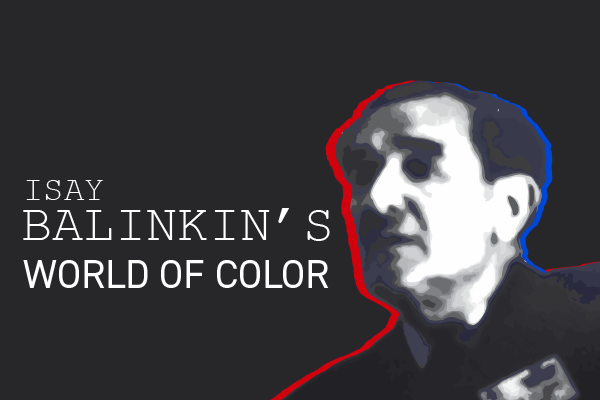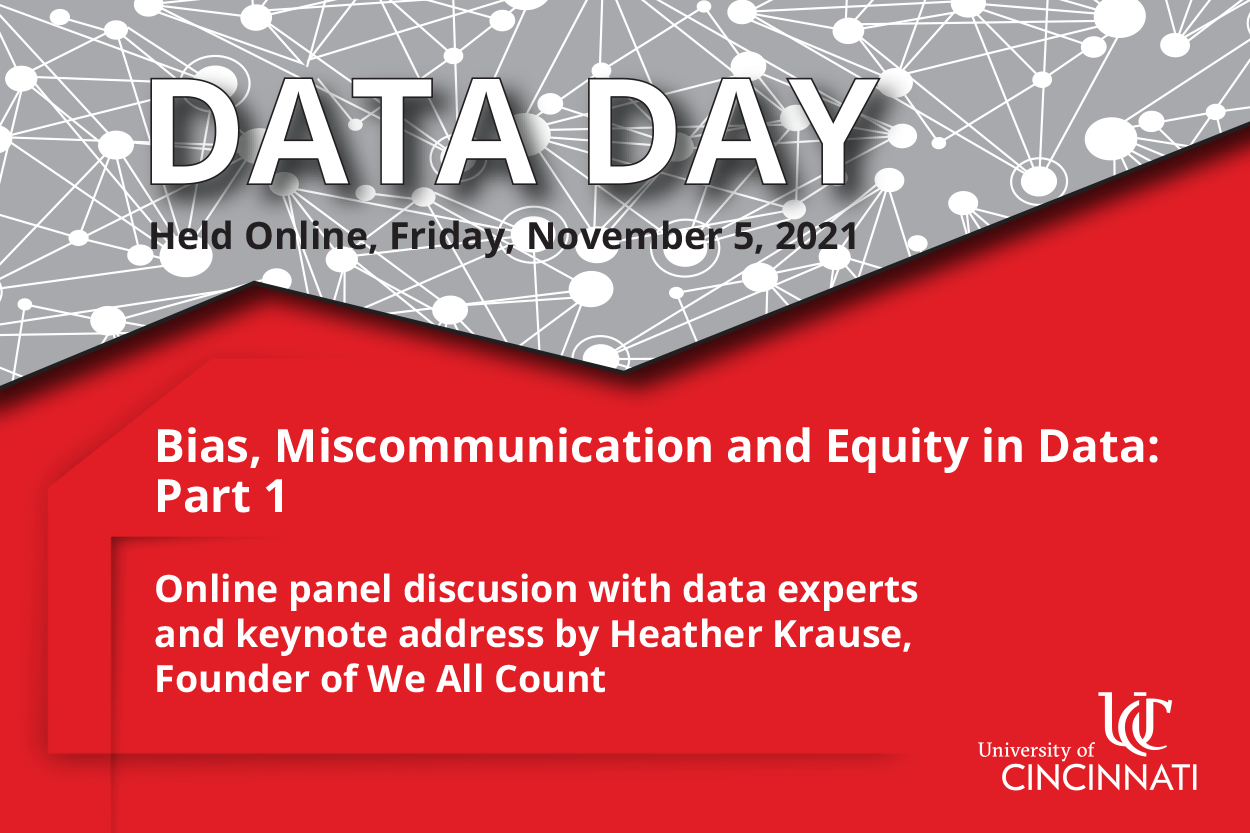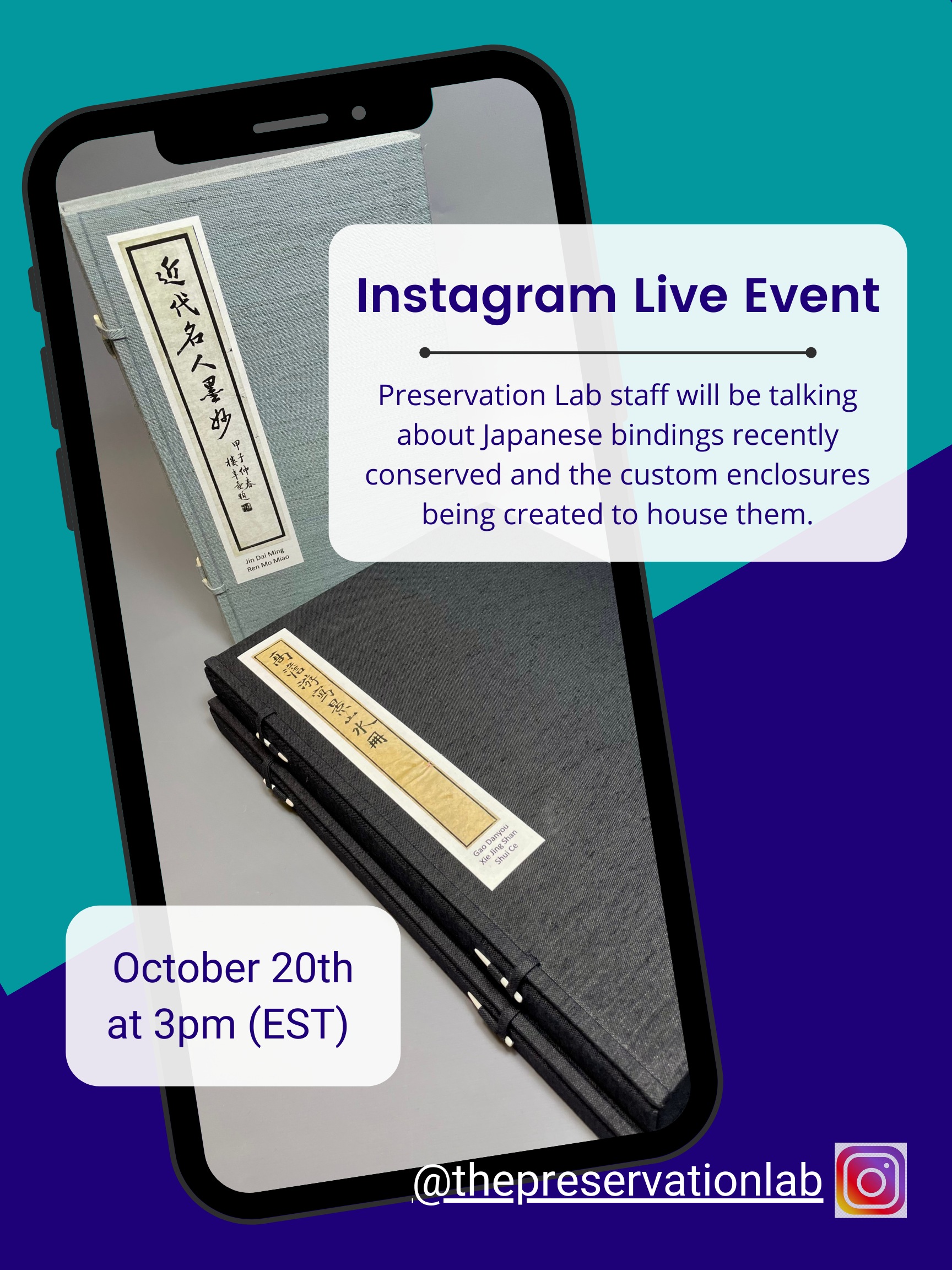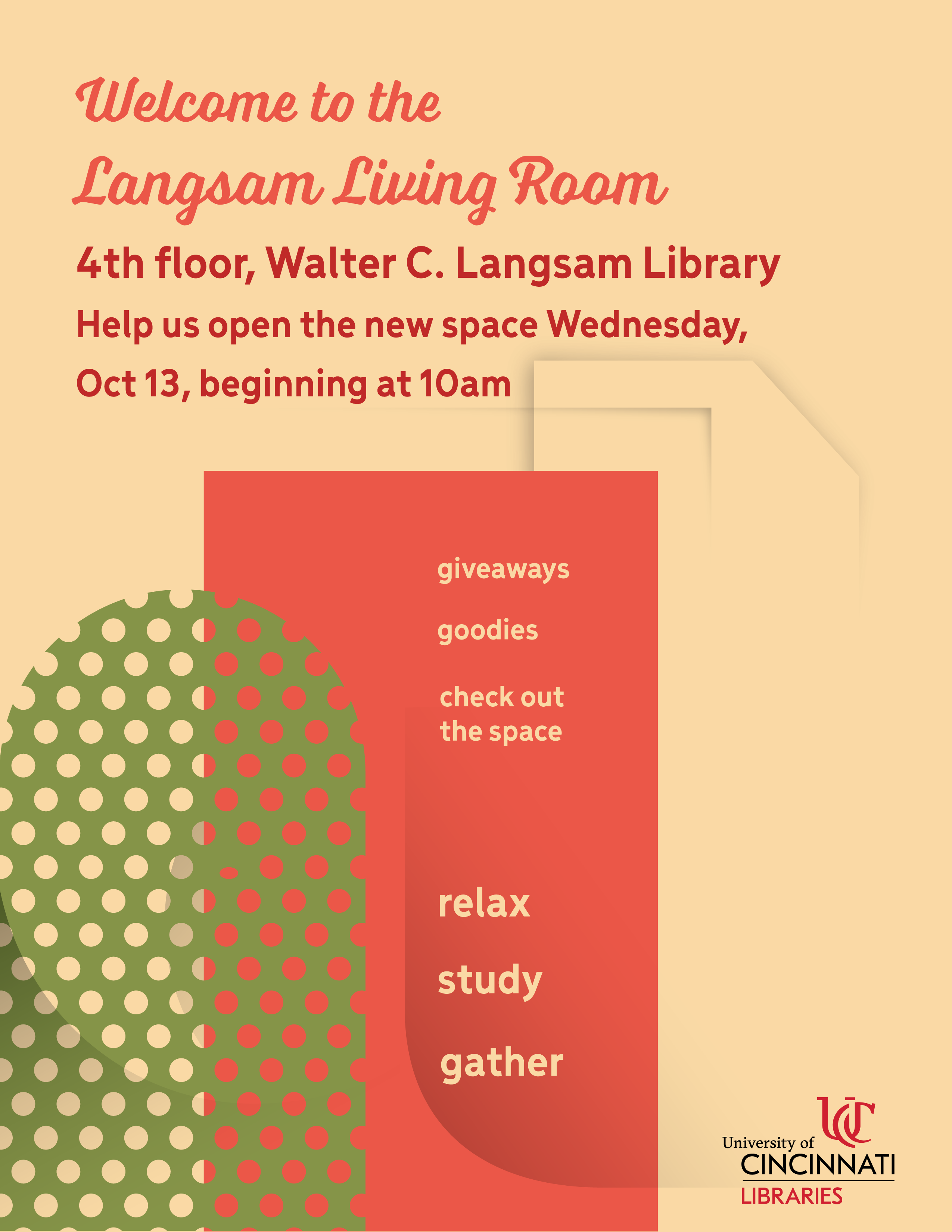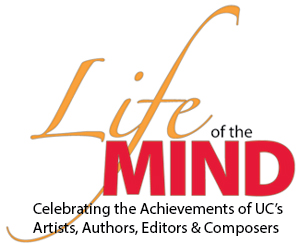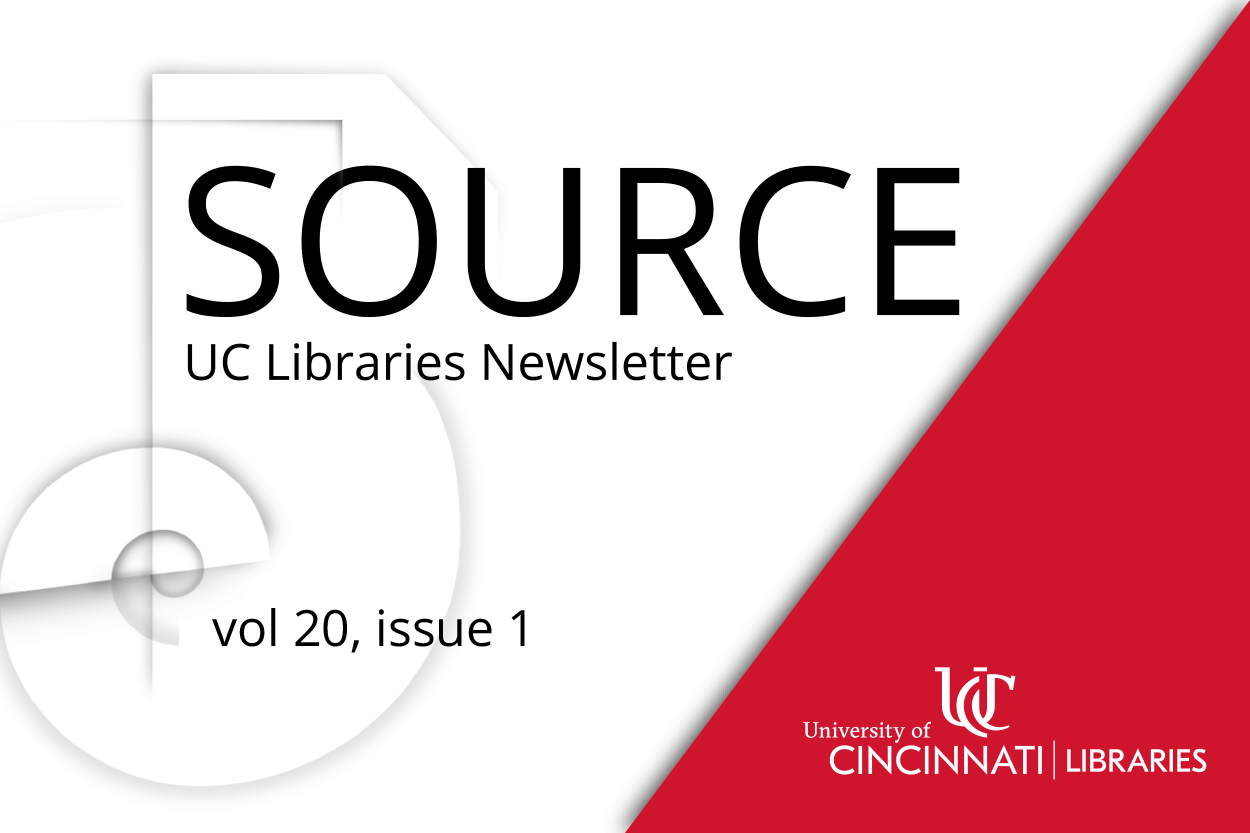3C GIS Day(s) 2021: Save the Date and Call for Proposals
Save the Date
Join us during the week of November 15-19 for a virtual GIS Day program featuring a keynote speaker, lightning talk sessions, and a digital map gallery. This event is free and open to the public, and registration details will be available soon.
GIS stands for Geographic Information Systems. It is a powerful research tool that makes use of the geospatial attribute of data. One of the oldest and most famous examples is the map showing how John Snow was able to determine the source of a cholera outbreak in London from the location of sick individuals.
3C GIS Day(s) 2021 is a collaboration between Case Western Reserve University, The Ohio State University, and the University of Cincinnati.
Lightning Talk Call for Proposals
The 3C GIS Day(s) planning committee invites submissions for lightning talks (10 minutes) from any faculty, staff, or students affiliated with one of the three organizing institutions. We encourage submissions from any disciplines that use geospatial information in any format, such as agriculture and environmental sciences, geography, engineering, business, health sciences, urban planning, and the humanities and social sciences, among others. We especially encourage submissions from graduate and undergraduate students who would like to showcase their work through a fun and informal presentation opportunity.
Please submit your lightning talk proposal by Friday, October 15: Lightning Talk Submission Form.
Information collected during the submission process includes presenter name and affiliation, availability during proposed sessions times, and presentation details (title, brief description, and any collaborators).
If you have questions, please contact geospatial@osu.edu.
Stay Tuned
As part of this program, we’ll also be organizing a digital map gallery for affiliated faculty, staff, or students to showcase their original cartographic work, including both static and interactive maps. More information and a map gallery submission form will be available in the coming weeks.
